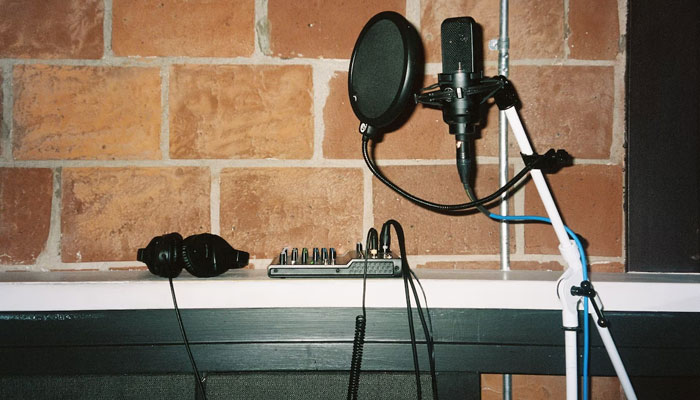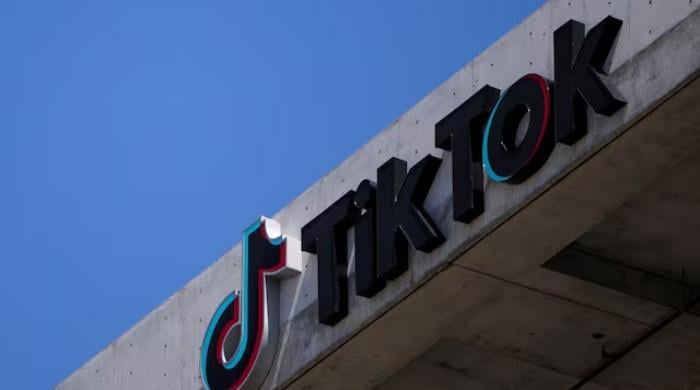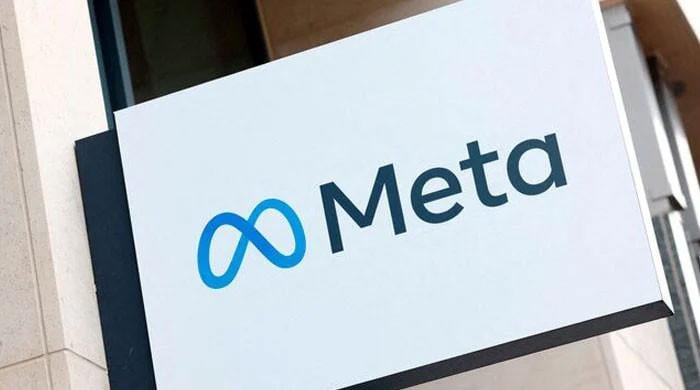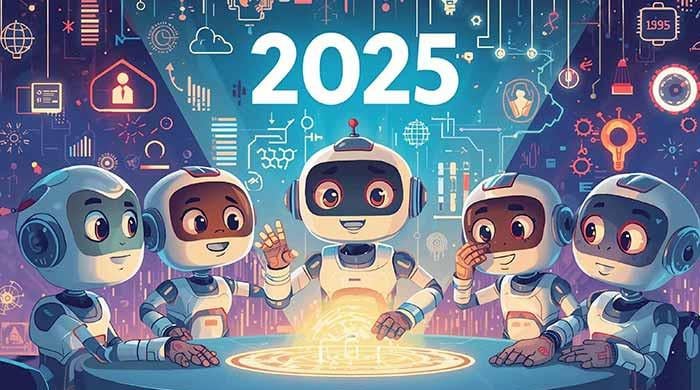Audiobook industry faces disruption as AI transforms voice narration
AI use has resulted in significant decline in business for many voice actors and narrators, with professionals reporting a sharp drop in workload and bookings
May 14, 2023

The field of audiobooks is already experiencing the transformative impact of artificial intelligence (AI).
AI technology can generate human-like recordings rapidly, reducing the need for human professionals who have traditionally made a living with their voices.
This has resulted in a significant decline in business for many voice actors and narrators, with professionals reporting a sharp drop in workload and bookings. Companies like DeepZen offer AI-assisted recordings that can significantly reduce the cost of producing an audiobook compared to traditional methods.
They use a database created by recording the voices of multiple actors speaking in various emotional registers and ensure proper licensing and royalty payments.
However, ethical concerns arise as some companies exploit voice databases without proper compensation or licensing agreements. Although AI-assisted recordings are not labeled as such, thousands of audiobooks in circulation currently use voices generated from a databank. While some platforms adhere to ethical practices, others take voices from multiple sources and combine them to create a separate voice, claiming it does not belong to anyone. This "gray area" is being exploited by several platforms.
Traditional publishers are also embracing AI technology, with some already using generative AI to create texts, images, videos, and voices from existing content without human intervention. While professional narration remains core to the audio book experience, companies like Audible see a future where human performances and text-to-speech generated content can coexist. Big tech companies like Apple and Google are entering the AI-narrated audio book market, aiming to make the creation of audio books more accessible to independent authors and small publishers.
They seek to democratise the publishing industry and open doors for old books that have never been recorded, as well as future books that may not be economically viable for human-based recording.
Critics argue that storytelling should remain a human endeavor, emphasizing the essence of teaching humanity how to be human through storytelling. They express concerns that AI-generated recordings lack emotional connectivity when compared to human recordings. However, there is a fear that people may become accustomed to machine-generated versions, gradually accepting them as the norm.
In light of this, there is a call for companies to be transparent and disclose when AI-generated pieces are being used in audio books.
While the rise of AI in the audiobook industry presents challenges for human voice actors, proponents believe the growing market will ultimately benefit both AI and human narrators, leading to more opportunities and recordings overall.









